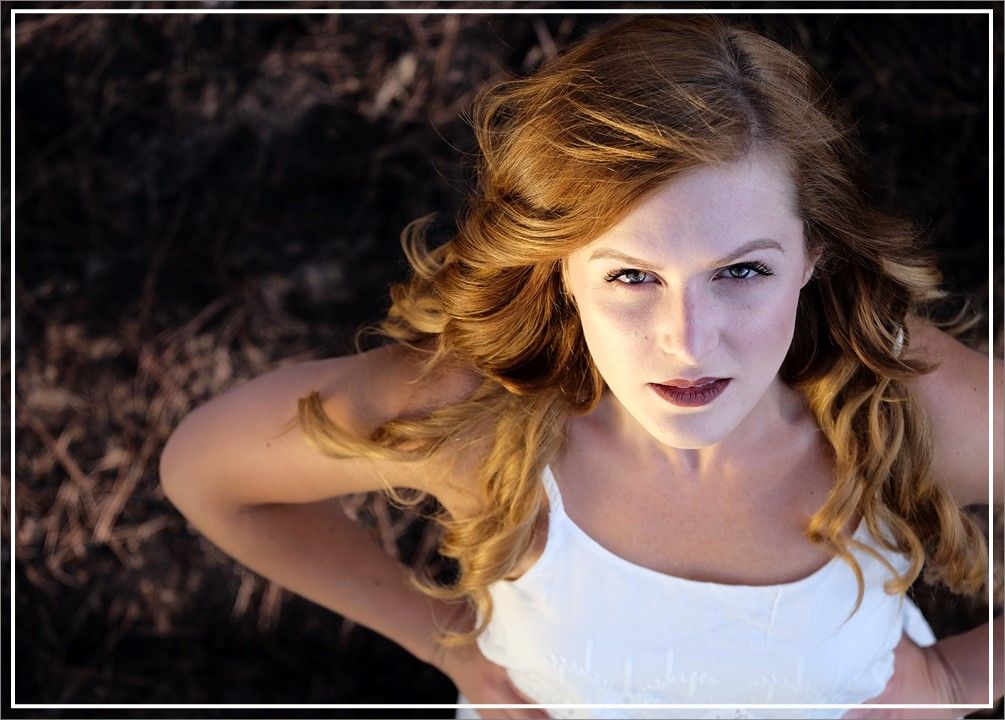you’re not being mean…

Other articles you might also enjoy:
6 tips for standing up for yourself
the secret behind life's challenges
coincidence? or did he create his own reality?
... and many more
Everywhere I turn nowadays, everyone’s talking about the importance of self-care – looking after yourself and seeing yourself as the priority in your life. I whole-heartedly agree with the concept of self-care, because if you don’t look after yourself first and foremost, how can you expect to be able to look after others around you?
But when you’re a sensitive soul, self-care can be an incredibly challenging concept to fully and completely embrace.
Because, when you’re a sensitive soul, not only do you consider the feelings of those around you, often, if you’re also an empath, you’ll be experiencing and sensing exactly how they’re feeling as if their emotions are your own.
And when you’re feeling your emotions and those of others, it can be difficult to put others’ emotions and feelings to the side to purely focus on your own.
Looking after your own needs and emotions whilst ensuring you’re not discounting the needs and emotions of those around you, especially loved ones, is, by far, not the easiest thing to do because, amongst other things, it makes you feel mean and uncaring, the complete opposite of who you are.
This is something that I’ve struggled with all my life.
Whilst I am an advocate for self-care and do ensure I take time to myself, to recharge my batteries, to just embrace being me and doing what I love, I have found I only do so when I know that those around me are ‘in a good place’.
I’ve discovered that I very quickly let my self-care lapse when a loved one is, for example, feeling under the weather or struggling in some way. I can feel how they’re feeling and, therefore, I give them a wide birth so they can heal and recharge.
Do you resonate with that also?
However, the downside is that that often means that while they are healing and recharging, I’m running out of juice as I’m trying to do everything for myself and for them – I’m literally burning my candle at both ends.
I’ve also found it can also often mean, unfortunately, that, if they are not a sensitive person or an empath, they may begin to assume that your generosity and kindness will always be there, that it’s a given. Whether they’re conscious of it or not, there’s a tendency to abuse that generosity and kindness, to always expect it, and take it without giving anything in return.
And that’s when you can begin to feel walked over, taken advantage of, and your boundaries disrespected.
Before any relationship gets to this stage, it’s important to learn when and how to stand up for yourself (I have 6 tips for you here).
When you stand up for yourself, it’s not that you suddenly stop being a sensitive, caring and empathetic person, that you’ve suddenly become mean, it simply means that you’re looking out for your own well-being, your own physical, mental, and emotional health so you can continue to support those around you without burning yourself out and being no use to anyone.
It also means you’re giving respect to your self-worth. When you learn to value yourself and give yourself respect, others will learn too as you set examples for them.
When you learn how to stand up for yourself, you’ll find that not only are you not being selfish or mean, but your personal happiness improves as well as your overall well-being and that of your relationships.
There’s simply nothing more soul-destroying than feeling walked over, taken for granted, and having your kindness and caring abused. If ever there was a way to become cynical towards human nature in general, it’s feeling abused and taken advantage of by those around you, those who supposedly love you.
However (and this is where the tough love comes in), if you are feeling that way already, and I have to admit I do by some loved ones, honestly, you really only have yourself to blame because you have, probably, never stood up for yourself like you should have.
If you have never (or rarely) expressed your thoughts, opinions and feelings clearly and respectfully so you can set and maintain personal boundaries, how can you expect anyone around you to know where your personal boundaries lie?
Standing up for yourself is a life skill that everyone needs to practice. Because when you don’t learn how to stand up for yourself, not only will you feel walked over by others, your inner critic will have a field day putting you down, belittling you, making you feel bad about yourself, and telling you you’re worthless and useless.
Remember: standing up for yourself is all about recognising and honouring your self-worth.
So how can you better stand up for yourself?
Well, that’s something I also wanted to learn. So, I asked my trusted source of wisdom and support, the angels, for their advice and guidance on the matter.
Viv xx
